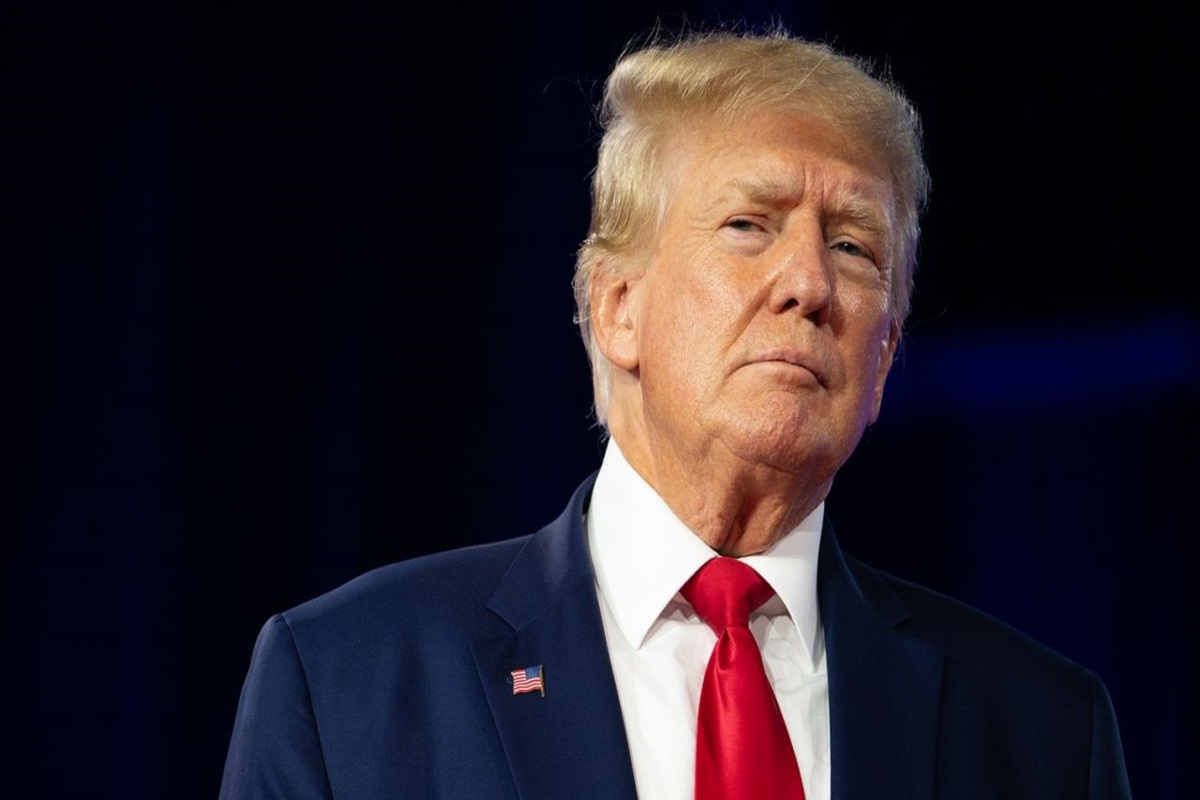Trump Whataboutism Gambit: The indictment against former President Donald J. Trump, who was accused of sabotaging the 2020 election, describes him as a liar.
The indictment details Mr. Trump’s “lies” alleging widespread election fraud two months after Election Day, even though he knew they were false.
Mr. Trump distributed these lies at a “prolific” rate to lend them legitimacy, even though he knew they were incorrect. This relentless dissemination was intended to sow suspicion and resentment in the nation and undermine faith in the election process.
Trump rarely tells the truth. He has lied throughout his business and political career. He lied about everything from his Swedish heritage to President Barack Obama’s citizenship.
Mr. Trump has told his closest circle that repeating a word can influence people’s minds.
This trait has been good and bad. It allowed him avoid bankruptcy, live in the White House, and survive personal scandals, impeachment hearings, and a special counsel probe. However, a newly appointed special counsel, Jack Smith, thinks Mr. Trump’s well orchestrated campaign of lies jeopardized democracy.
As expected, Mr. Trump’s legal team and associates swiftly began fighting back, claiming his First Amendment rights were abused. They think Mr. Trump has the right to say what he actually believes about election wrongdoing. They further emphasize that legal guidance guided his post-election actions.
The indictment and Mr. Trump’s first response have set the stage for a direct confrontation between these opposing statements of principle: that “persistent and destabilizing lies” from the highest levels of power can be linked to criminal plans, while the First Amendment protects political speech, especially when it is based on sincerely held beliefs.
These viewpoints will be decided by a judge and jury. Since his indictment, Mr. Trump and his supporters have been more outspoken and believe that his status as president gives him the power to rectify “electoral anomalies,” although legal experts doubt this defense will work. The indictment’s assertion that lies lead to illicit behavior disproves the constitutional right to lie.
In their sophisticated legal arguments, the prosecutors claim Mr. Trump used his statements to lure individuals into doing criminal activities, such backing false elector lists or trying to force Vice President Mike Pence to stop or postpone the Electoral College from recognizing President Biden‘s win.
The indictment alleges that Mr. Trump’s “knowing” statements about “false claims of election fraud” persuaded the vice president to accept fake electors, ignore real electoral votes, or send them to state legislatures for review instead of counting them.
When these measures failed, Mr. Trump reportedly stirred up the Ellipse throng to convince Vice President Pence to secretly overturn the election results.
Famous Enron lawyer Samuel W. Buell analyzes this idea. It may work politically even if not technically. “Legally, it might fail, but politically, it might work,” he muses, comparing it to how Tony Soprano used a terrible First Amendment defense to support his awful instructions.


READ MORE: Trump Christmas Wishlist: An Overturned Election and Unsealed Indictment
New Yorkers have known for decades that Mr. Trump lies, and his presidency didn’t change this. The Washington Post’s thorough fact-checking demonstrates that he made over 30,000 inaccurate or incorrect claims while president. That’s shocking21 each day.
In other litigation cases involving the January 6, 2021 Capitol attack, Mr. Trump’s First Amendment arguments were successful. A federal judge ruled that the president’s Ellipse speech before that fateful day was not First Amendment-protected. This allowed additional legal action against the presidency.
Mr. Trump’s legal team intends to exploit the “advice of lawyers” argument to claim that his actions were based on professional counsel. This approach relies on John Eastman’s “smoking gun of innocence” document. The paper, written by Mr. Eastman outside the White House, suggested steps like delaying Congress from recognizing the election.
This strategy may give Mr. Trump a greater defense than the First Amendment. It was intended to demonstrate the complexity of legal subtleties and political tale.
This courtroom drama pits principle against political expediency. Trump is navigating a complex legal system while facing the
possibility of criminal charges.
As the gavel approaches, the nation waits to see if political hyperbole and constitutional protection will give way to serious
criminal accusations that shake democracy.
Our Reader’s Queries
What is an example of whataboutism propaganda?
Many articles have linked whataboutism to the Soviet era, using the “And you are lynching Negroes” example from the 1930s. This tactic involved the Soviets deflecting criticism by bringing up racism in the segregated American South. Lucas also made this connection in his writings.
What does trumpian mean?
Trumpism encompasses the political beliefs and movement linked to the 45th president of the United States, Donald Trump, and his supporters. Those displaying traits of Trumpism are often called Trumpists or Trumpians. Some have labeled Trumpism as an authoritarian movement.
Is Trump a Republican?
Since departing from the presidency, Trump has maintained his role as the informal head of the Republican Party and is running for the 2024 Republican presidential primaries.

